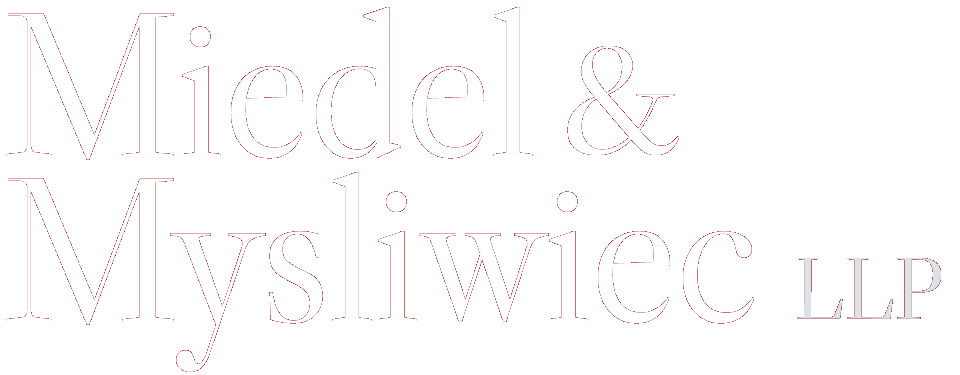This case, which was featured in the New York Times, serves as a prime example of why the special prosecutor law in New York must be reformed. Here, an attorney who had been criticized by an appellate court for his prior performance as a special prosecutor was, inexplicably, again appointed to that role, this time to investigate purported campaign improprieties in a 2009 City Council election in Staten Island. The request for a special prosecutor by the Staten Island District Attorney and the reasons therefor remain under seal. The selection process for how this particular lawyer was chosen similarly remains hidden from view. Transparency in the selection process should be the first step toward reform.
From the beginning, the special prosecutor doggedly and stubbornly pursued a case in search of a crime. Without a shred of evidence, he nevertheless persuaded a grand jury to issue an indictment, proving once again the old adage that a prosecutor can get a grand jury to indict a ham sandwich. On the available evidence, it is unlikely that any district attorney’s office in the state would have brought this indictment. But without supervision or oversight, and with a financial motive to plow ahead, the special prosecutor saw no reason to stop.
When the trial court dismissed 20 of 23 counts for being well beyond the statute of limitations, he appealed. Again, no respectable district attorney in the state would have authorized the pursuit of an appeal – given the complete absence of legal authority to support it – but without someone overseeing his work to stand in the way, he could bring a frivolous appeal without repercussions. When he predictably lost the appeal, he took what was left of the case to the brink of trial – still without evidence – until finally dismissing the remaining charges.
While this special prosecutor billed the city for hundreds of thousands of dollars at a substantial hourly rate for a case that should never have been brought, the individuals charged, as well as the reputation of the Campaign, suffered greatly. The stress of being under indictment and facing a possible trial caused real harm, let alone the financial resources that had to be mobilized to mount a vigorous defense. This lawyer was given unfettered powers he should not have enjoyed and was incentivized to pursue a fruitless investigation without anyone to oversee him. This case shows that the special prosecutor law in New York puts too much power in the hands of one person without providing oversight to prevent abuse. The law must be reformed.

